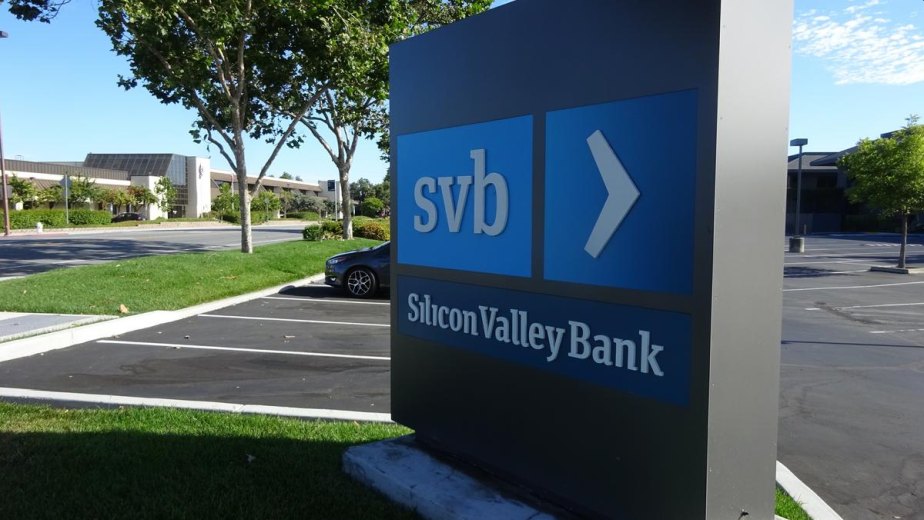Silicon Valley Bank collapsed in just 48 hours, making it the second-largest bank failure in US history

Up until yesterday, Silicon Valley Bank (SVB) was one of the most successful banks in the tech industry. As the name suggests, the bank was a specialized financial institution that provides loans and other financial services to startups and tech companies, and venture capital firms across the United States and around the world.
Silicon Valley Bank’s downward spiral began late Wednesday after the bank surprised investors with news that it needed to raise $2.25 billion to shore up its balance sheet. Within 48 hours, a panic induced by the very venture capital community that SVB was created to serve and cared for ended.
After a 40-year run, the bank ceased operations on Friday, making it the largest banking failure since the 2008 financial crisis and the second-largest ever. On the same day, the US regulators seized control of the bank. The unraveling at SVB will have far-reaching implications for U.S. venture-backed startups, half of which did business at the bank, and also for the broader tech ecosystem.
Now, venture capital firms are urging tech startups and companies in their portfolio companies to move money out of embattled lender Silicon Valley Bank. On Friday, the trading of SVB Financial Group’s shares, the holding company of Silicon Valley Bank, was suspended due to a significant drop in the pre-market session. The bank was in a rush to raise new funds amid this steep decline.
The company’s stock experienced its largest single-day crash in history, plummeting by 60%. Prior to the suspension, heavy premarket trading caused the stock to tumble 68% to approximately $34.
The alarm bells for SVB started ringing on Wednesday when the company announced its plan to sell a combination of common and preferred stock and to incur an after-tax loss of $1.8 billion from the sales of its investments.
The announcement sparked concerns within the banking industry that other institutions may also face losses and need to raise funds, causing the four largest US banks to lose a total of $52 billion in market value on Thursday.
Meanwhile, several venture capital (VC) funds, including prominent ones like Founders Fund, Union Square Ventures, and Coatue Management, have advised their portfolio companies to transfer their funds out of SVB to minimize the risk of being impacted by the bank’s potential failure.
CNBC spoke to some founders with accounts at SVB who wished to remain anonymous, and they shared that having their funds frozen at the bank could spell doom for their startups that require constant capital infusion.
Pear VC, an early-stage VC firm located in San Francisco, also encouraged its portfolio companies to withdraw their funds from SVB on Thursday. Some of Pear’s portfolio companies include Edge DB, an open-source database, and Gusto, a payroll management platform.
“In light of the situation with Silicon Valley Bank that we are sure all of you are watching unfold, we wanted to reach out and recommend that you move any cash deposits you may have with SVB to another banking platform,” said Anna Nitschke, Pear’s chief financial officer, in an email to founders obtained by CNBC.
“In this market, a larger money center bank (think Citi Bank, JP Morgan Chase, Bank of America) is best suited, but in the interest of time, you might be able to open interim accounts faster with smaller banking platforms such as PacWest, Mercury, or First Republic Bank.”
Below is a video of how it all went down.
Here’s another video.

